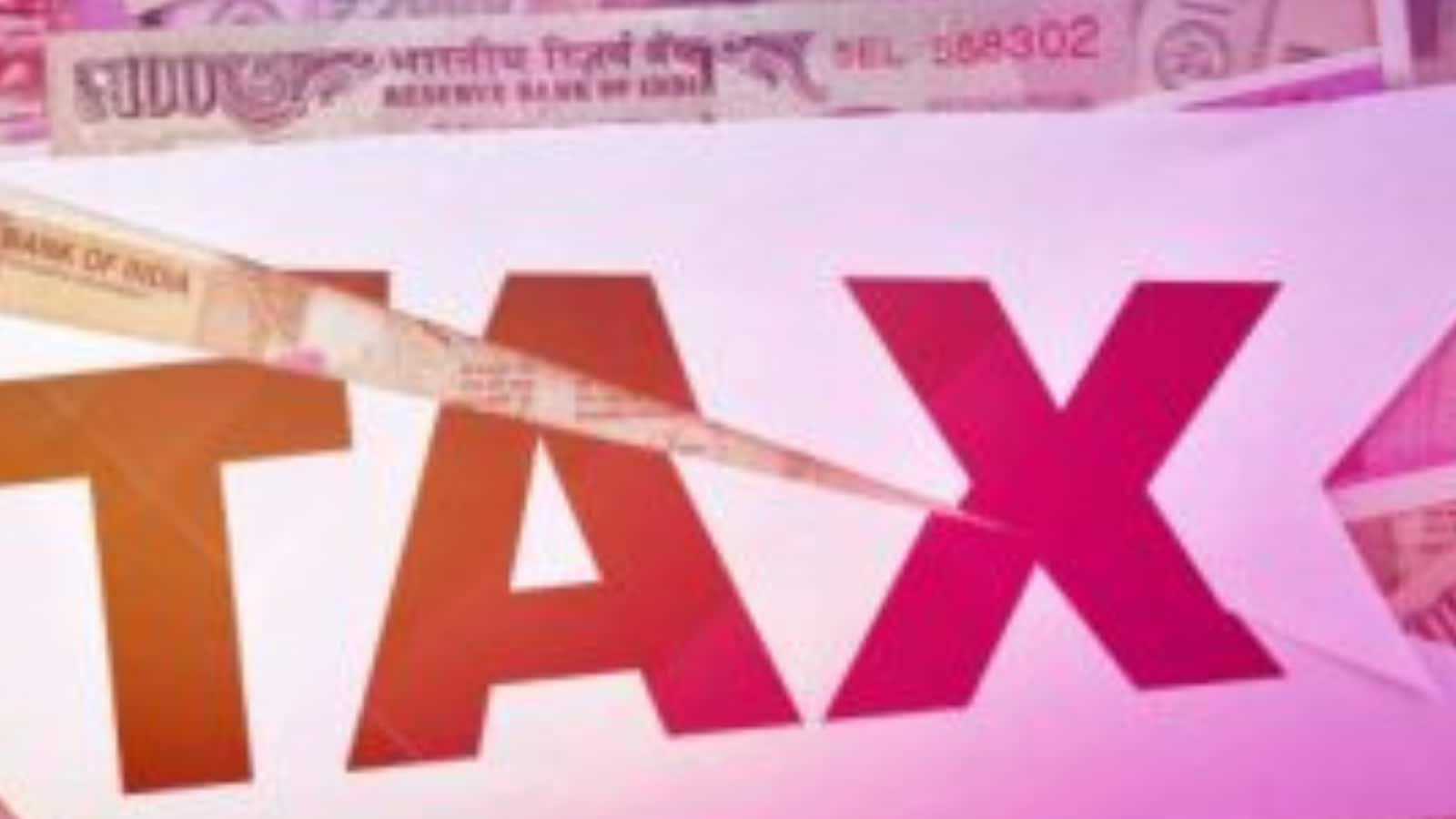New Income Tax Rules from April 1: Cryptocurrency Tax, PF, Revised ITR Form, Key Changes
Even as the new financial year is starting from Friday, so are the new income tax and other rules. The norms were announced mostly as part of the Union Budget 2022 apart from CBDT and RBI notifications changing rules. Rules such as tax on crypto assets, new EPF tax rules, no need for ITRs for senior citizens above 75 years will become applicable. Here are the changes to be effected from Friday:
Tax on Crypto and other Virtual Digital Assets
In the Union Budget 2022, Finance Minister Nirmala Sitharaman announced 30 per cent tax on gains on cryptocurrencies and assets. No deduction will be allowed, except the cost of acquisition, and no loss in transaction will be allowed to set off the gains. A new section 115BBH has been inserted in the Income Tax Act, 1961, to tax virtual digital assets.
Updated ITR on Payment of Additional Tax
In the Budget Speech, Sitharaman also announced to allow taxpayers to correct any discrepancy or omissions in their income tax returns (ITRs) within two years of filing these, from April 1. It will be a one-time window. However, following the Budget announcement, Revenue Secretary Tarun Bajaj said it is not an amnesty scheme. He had added that an additional 25 per cent tax will have to be paid on income that was not disclosed previously.
Higher TDS for ITR Non-Filers
This provision is for those who have missed filing their previous income tax returns. Higher TDS and TCS (tax collected at source) will be applicable on them in the financial year 2022-23. However, it will not be application if the source of income is salary and provident fund. The new rule will be applicable on will be deducted on interest income, dividend income, etc.
No ITR Needed for Senior Citizens above 75 yrs
For the financial year 2022-23, senior citizens aged 75 years and above will not need to file income tax returns (ITR), subject to certain conditions. For this, a declaration will have to be given to the bank.
Two EPF accounts if contribution exceeds Rs 2.5 lakh
The Central Board of Direct Taxes (CBDT) through its notification in August 2021 said any contributions made by an employee till March 31, 2021, will be considered as tax-exempt. For contributions up to Rs 2.5 lakh in FY 2021-22, interest will be credited into the existing EPF account.
So, if the contribution by employees to the EPF account is more than Rs 2.5 lakh in the financial year 2021-22, interest earned on the excess contribution will be taxable in his/her hands. For this, a new EPF (employees’ provident fund) account will be created.
New TDS rules on Immovable Property Sale
The government has mandated a tax deducted at source (TDS) of one per cent on the sale of non-agriculture immovable property of over Rs 50 lakh. The TDS will be calculated on the lump sum amount paid by the buyer to seller or the stamp duty, whichever is higher. Until now, stamp duty did not used to be taken into account while calculating the TDS on the sale of immovable property.
Tax Benefits on Annuity by Disabled Person Enhanced
From April 1, the government has allowed the payment of annuity and lump sum amount to the differently-abled dependent during the lifetime of parents/guardians, i.e., on parents/ guardians attaining the age of 60 years, under Section 80DD. Until now, deduction were allowed to the parent or guardian only if the lump sum payment or annuity is available to the differently abled person on the death of parent or guardian.
No Additional Deduction on Affordable Housing under Section 80EEA
As the government has not extended the additional deductions of Rs 1.5 lakh on affordable housing, it won’t be available for the financial year starting Friday. In the Budget for 2021-22. the government had allowed a specific tax deduction on the home loan EMIs, if certain conditions are fulfilled under Section 80EEA. This benefit has not been extended for the financial year 2022-23.
Post Office Schemes Interest Not to be Paid in Cash
From April 1, interest earned from post office schemes such as savings schemes, times deposits, etc., will not be paid in cash. Rather, they will be tranferred in either the post office saving account or any bank account linked to the scheme. So, it becomes necessary to link a savings account to the post office saving schemes.
KYC Updation
The deadline for periodic KYC updation of bank account holders was relaxed by the RBI till March 31, 2022, due to the Covid-19 situation. Now that the deadline has come to an end, the customers will have to be KYC-compliant to continue to operate bank accounts.
Read all the Latest News , Breaking News and IPL 2022 Live Updates here.
For all the latest business News Click Here

